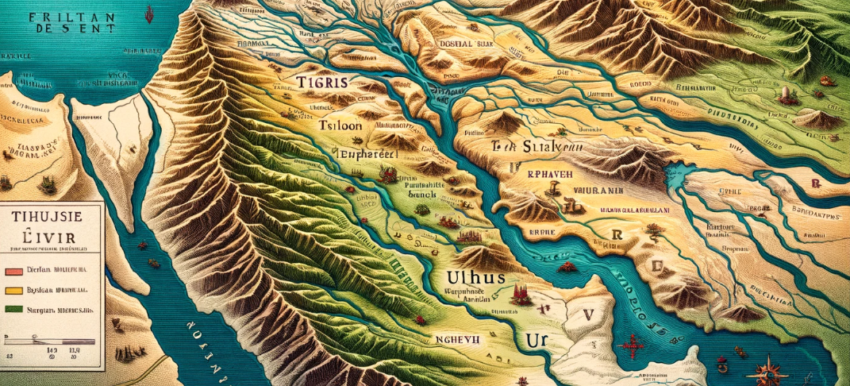Assyria, known as Subartu to the Sumerians, was a powerful and seemingly invincible kingdom in northern Mesopotamia, located in the region known today as northern Iraq, southeastern Turkey, and northeastern Syria. It was one of the earliest settled territories, with archaeological evidence suggesting settlement as early as the 4th millennium BCE. With the capital of Ashur along the bank of the Tigris River, Assyria flourished as a major center of trade and industry, reputed for their extraordinary metal and cloth exports. In the 1st millennium BCE, Assyria emerged as one of the most dominant empires of the ancient world, with an unmatched military prowess that allowed them to subdue several nations, including Babylonia, Egypt, Elam, and the Hittites. The Assyrian Empire was known to have three periods of great strength and political supremacy: the Old, Middle, and Neo-Assyrian periods. During these times, their military campaigns expanded their territories, spreading their cultural influence throughout the ancient Near East. As a result, they left an indelible mark on the annals of history with their advancements in warfare, administration, architecture, and arts.
 |
 |

